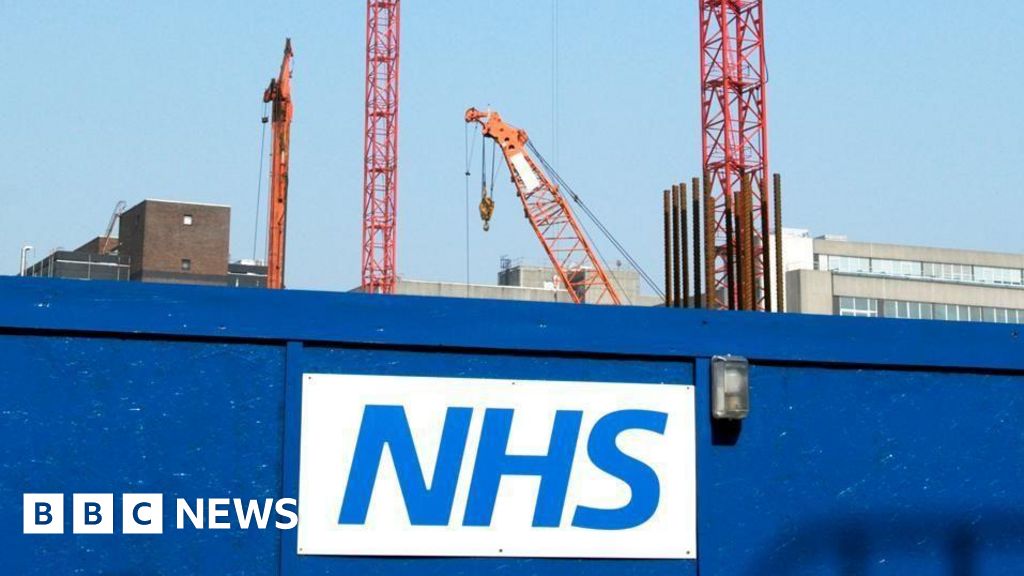A host of hospital building projects in England are being delayed with some having to wait up to 14 years before work starts, the government says.
Health Secretary Wes Streeting said the plans – which formed part of a 2019 election promise by the Conservatives for 40 new hospitals by 2030 – were not affordable.
He accused the Tories of offering “false hope”.
In September, Labour said 21 schemes would go ahead, but has set out plans for another 25 on Monday – with 18 being told they will have to wait until 2032 or later for construction to start.
The Tories said Labour had broken promises and should be prioritising investment in new buildings.
In 2023, the National Audit Office warned the government was likely to miss its 2030 target.
While the original promise involved 40 hospitals, others were added to the programme over time.
In September, Labour gave the green light to 21 schemes – work on some of these had already started and some were to replace buildings that were built from reinforced autoclaved aerated concrete (Raac), over which there is safety concerns.
On Monday, the government announced another seven projects had been added to this priority list, with building work starting by 2029.
But 18 were to be put back, with work starting in two phases from 2032 and 2035 – and some in the later group warned it may even take until 2039.
Streeting said: “The programme we inherited was unfunded and undeliverable.
“Not a single new hospital was built in the past five years, and there was no credible funding plan to build forty in the next five years.
“Today we are setting out an honest, funded, and deliverable programme to rebuild our NHS.”
He said £15 billion would be made available over the next five years to help pay for the work.
Shadow Health Secretary Ed Agar said the government had “broken” its promises and accused it of financial mismanagement.
“To govern is to choose, he [Streeting] has decided not to prioritise the delivery of new hospitals.”
Helen Morgan, of the Liberal Democrats, said: “This is a double betrayal. The Conservatives shamelessly made promises they never intended to keep.
“Now this government uses the day of Trump’s inauguration in a shoddy attempt to bury bad news, showing an outrageous disregard for patients.”
Saffron Cordery, of NHS Providers, which represents hospitals, said the announcement was a “major blow” to trusts, staff and patients.
The new timetable set out by the government promises construction to start from 2032 on:
- Leeds General Infirmary
- Sutton Specialist Emergency Care Hospital (London)
- Whipps Cross Hospital (London)
- Princess Alexandra Hospital (London)
- Watford General Hospital
- Leicester General Hospital
- Kettering General Hospital (Northants)
- Musgrove Park Hospital (Somerset)
- Torbay Hospital (Devon)
Then from 2035 on:
- Charing Cross and Hammersmith Hospitals (London)
- North Devon District Hospital
- Royal Lancaster Infirmary
- St Mary’s Hospital (London)
- Royal Preston Hospital
- Nottingham City Hospital
- Royal Berkshire Hospital
- Hampshire Hospitals
- Eastbourne District General Hospital (Sussex)


